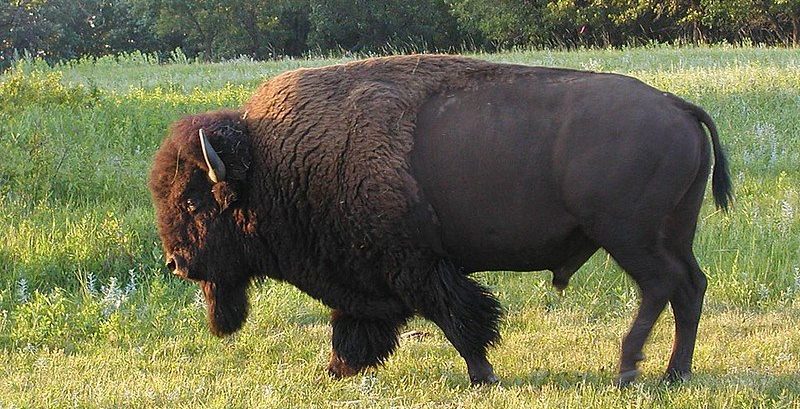
One-pager Regenerative Meat Work (1)
“Growing GRASS” USDA Climate Smart Commodity Grant Project Summary
February 2025 Update
This project has been affected by the USDA funding freeze and is currently not active.
May 2023
The Growing GRASS & Climate-Smart Value-Added U.S. Commodity Markets Project (Growing GRASS) is a 5-year USDA funded project to develop the Generalized Regenerative Agriculture Sourcing Specification (GRASS) verification system and markets, with a specific focus on climate smart byproducts. The overarching goal of Growing GRASS is to increase the value and production of regeneratively grazed beef and bison in ways that benefit U.S. farmers, ranchers, market partners, rural economies and the climate. The vast majority of the $32 million in grant funding will flow to producer and processor participants to support their certifications and other expenses associated with market access.
Other Half Processing, known for its aggregation and sale of high value hides to fashion companies, American Sustainable Business Institute and the American Grassfed Association invited ROC to join the team back in January 2022. ROC helped with the proposal development, including formation of a national network of support. ROC’s role in the implementation is to reach 1,000 beef and bison producers across the nation, including indigenous producers, to invite their participation and to facilitate the flow of information between producers and the science and technical teams developing the claim validation and market information system.
For mor specific information, please check the Growing GRASS website.
Background for Growing GRASS, USDA Climate Smart Commodity Grant Project
Current beef and bison value-added markets focus on 100% grassfed, organic, animal welfare, wildlife habitat, and increasingly, regenerative and climate smart claims. Regeneratively grazed and raised livestock actively improve soil health and fertility, carbon sequestration, and water holding capacity, and is increasingly being sought in value-added meat, byproduct and leather markets.
Despite growing retail demand, the high costs of inspections and certifications needed to be in “climate-smart” markets are a barrier for many producers, especially smaller and historically underserved. In addition, the loss of value in recent years for the hides and other byproducts has been a huge barrier for growth and profitability. Byproduct sales have historically been a large part of processors’ revenue (and still are for the large industrial meat companies). The aggregation of byproducts with defensible claims is key to creating new market opportunities, but this a difficult task for the small and mid-scale producers and processors.
The GRASS system will address the obstacles to verification and aggregation of climate smart byproducts. GRASS uses an equivalency approach to verification that identifies valid indicators and certifications for substantiating regeneratively raised cattle and bison market-based claims. By allowing producers choice in which verification/certification system to utilize, GRASS encourages both diversity and ongoing innovation in the verification space, and provides farmers and ranchers access to more than one value-added market place without additional costs or work.
Growing GRASS will benefit all parts of the U.S. beef and bison climate smart value chain and will inform public and private policy and programs. Producers will optimize returns and increase revenue from their regenerative grazing operations through incentives, lower costs of market access, and higher profits from markets that value the whole animal and the associated environmental and climate benefits. Processors will have the capacity, equipment, technical skills and labor to profitably collect, process and sell climate-smart byproducts. And manufacturers and brands will have reliable verified supplies of high quality materials and needed communications and marketing assistance to increase public demand and revenue based on validated climate smart claims.
To remain up to date on our progress, subscribe to our Pulse of the Food Movement newsletter.
Photo source: www.ggrass.org